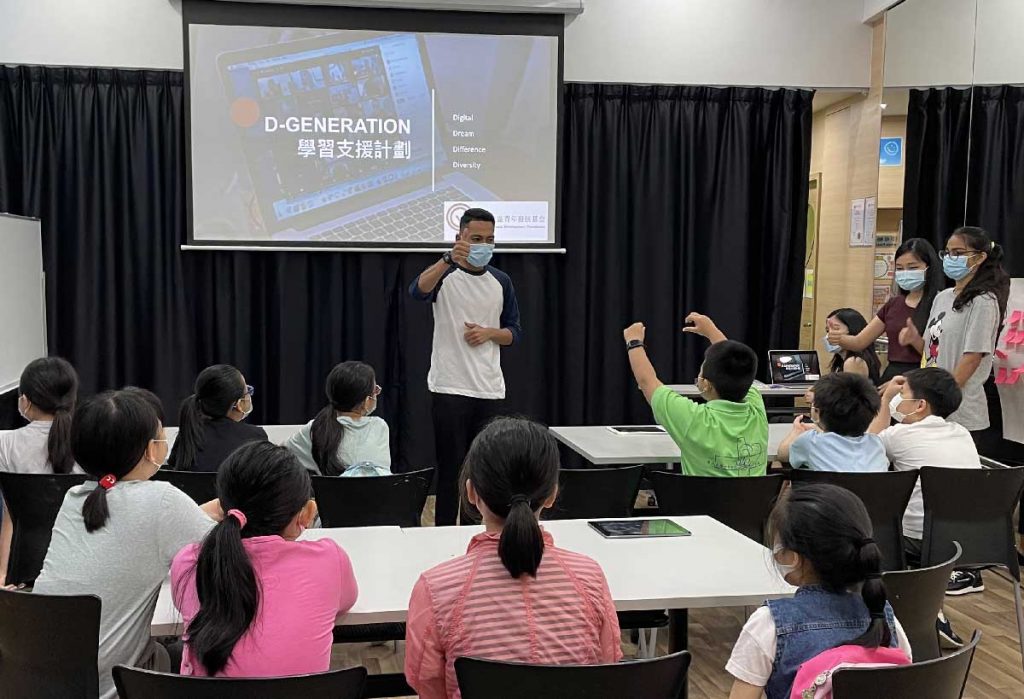The general public and NGOs often perceive ethnic minority youths to be beneficiaries, when they are actually important assets to society. Meanwhile, underprivileged children are facing learning difficulties during the pandemic. Bringing the two together benefits all sides.
Research by the Equal Opportunities Commission has revealed that more than 50 per cent of the ethnic minority population attained post-secondary education in both 2011 and 2016, which is higher than the rate for the general population. In addition, the number of local non-Chinese-speaking students joining University Grants Committee-funded or self-funded sub-degree and degree programmes also increased significantly from the academic year 2011-12 to 2016-17, reflecting that a large number of young people from the ethnic minorities are interested in personal development.
It is often seen that the general public and NGOs perceive ethnic minority youths to be beneficiaries, when they are actually important assets to our society and many of them are keen to learn and highly educated.

To tackle these two issues and break the language barriers between these two groups of vulnerable people, there was an interesting case that a local NGO supported programme called D-Generation has embarked a 8-week community teaching programme which invited some highly educated ethic minorities youth as community teachers for the local kids, and let students “learn through play”, which can enhance students’ participation in the classroom using English and multiculturalism effectively and gradually.
Looking ahead, despite the negative impacts brought by the COVID-19, the pandemic is also an opportunity windows for policy makers, educators and NGOs to rethink about the values of education, and building the social capital together and alleviate learning losses by working out with all different stakeholders in the community, including our ethic minorities.

